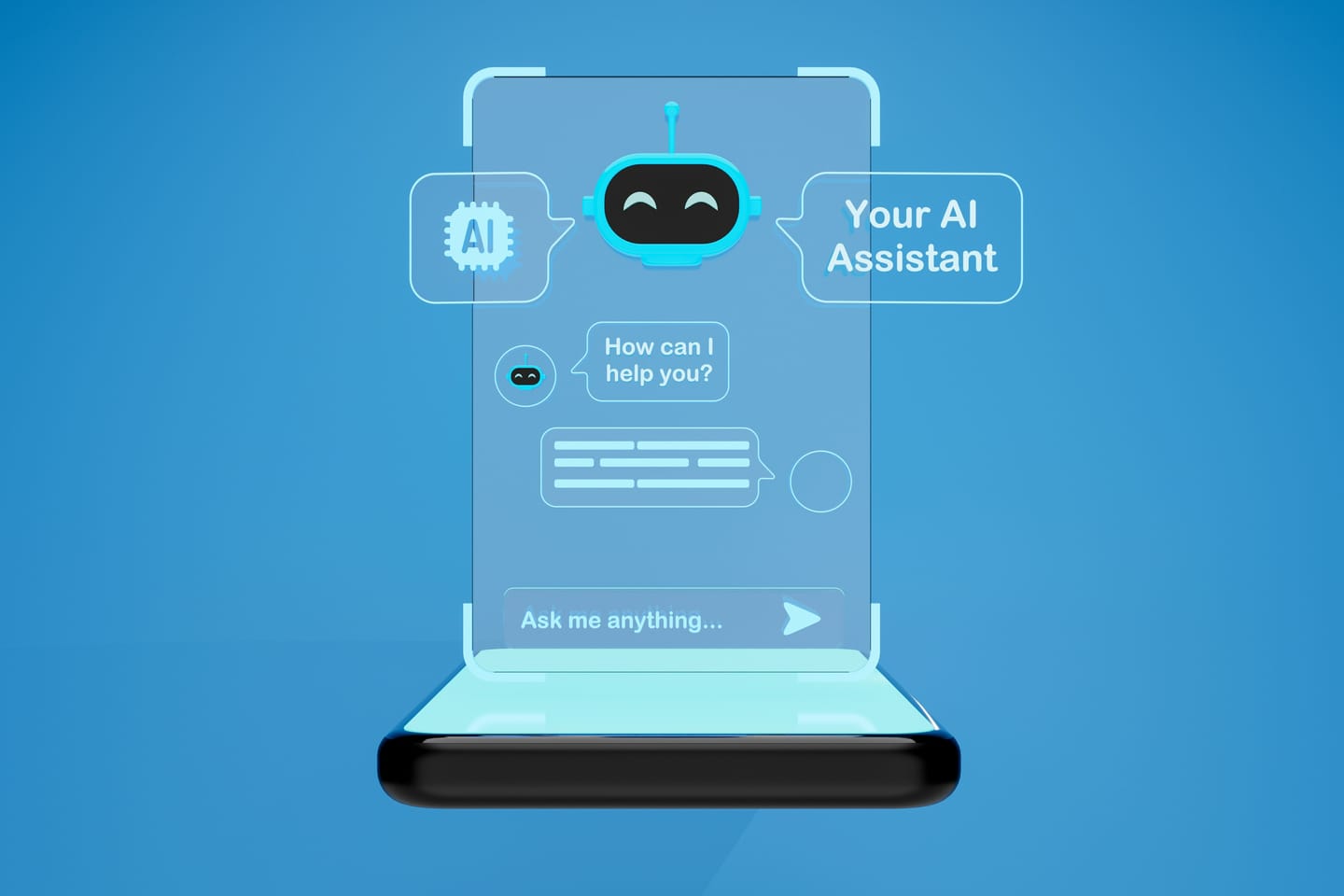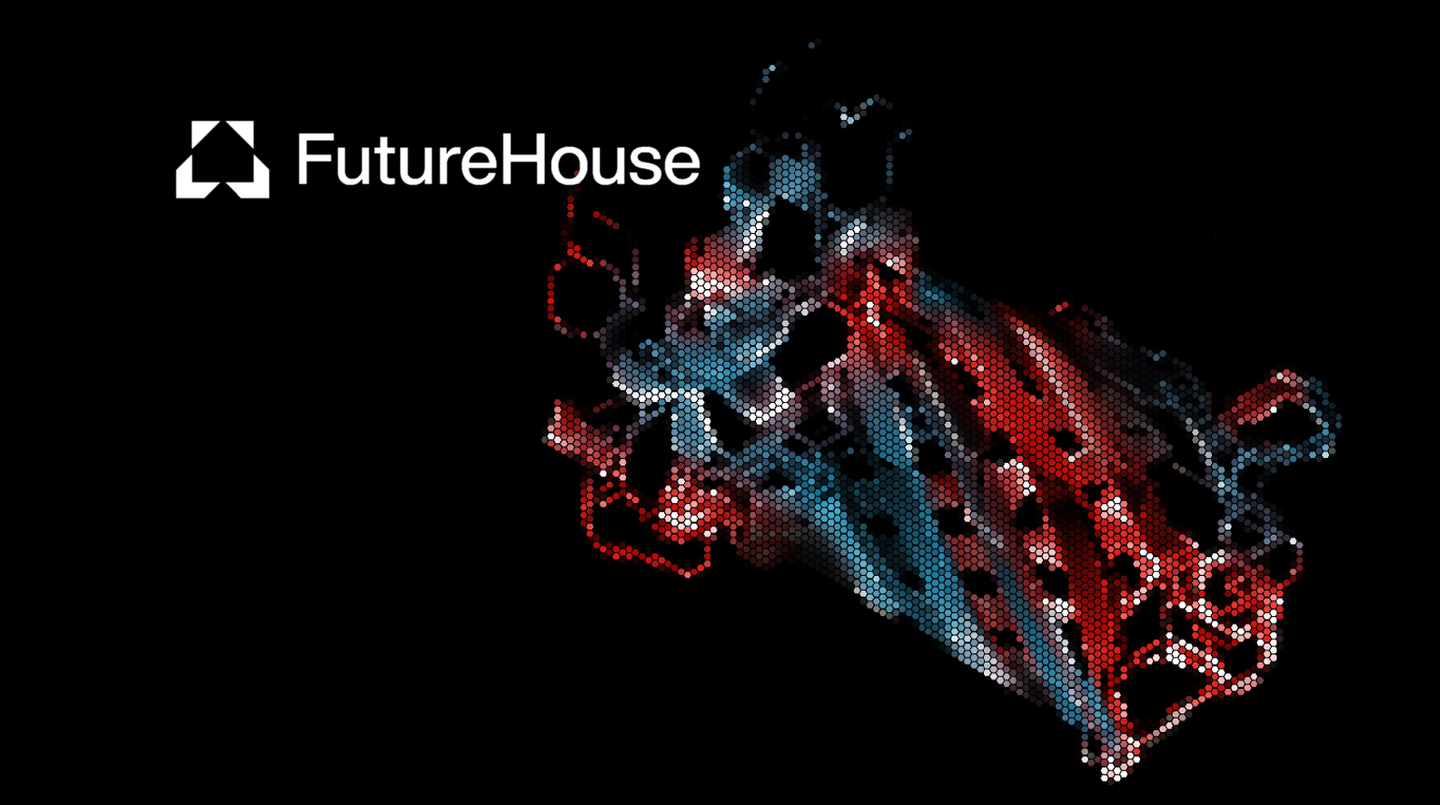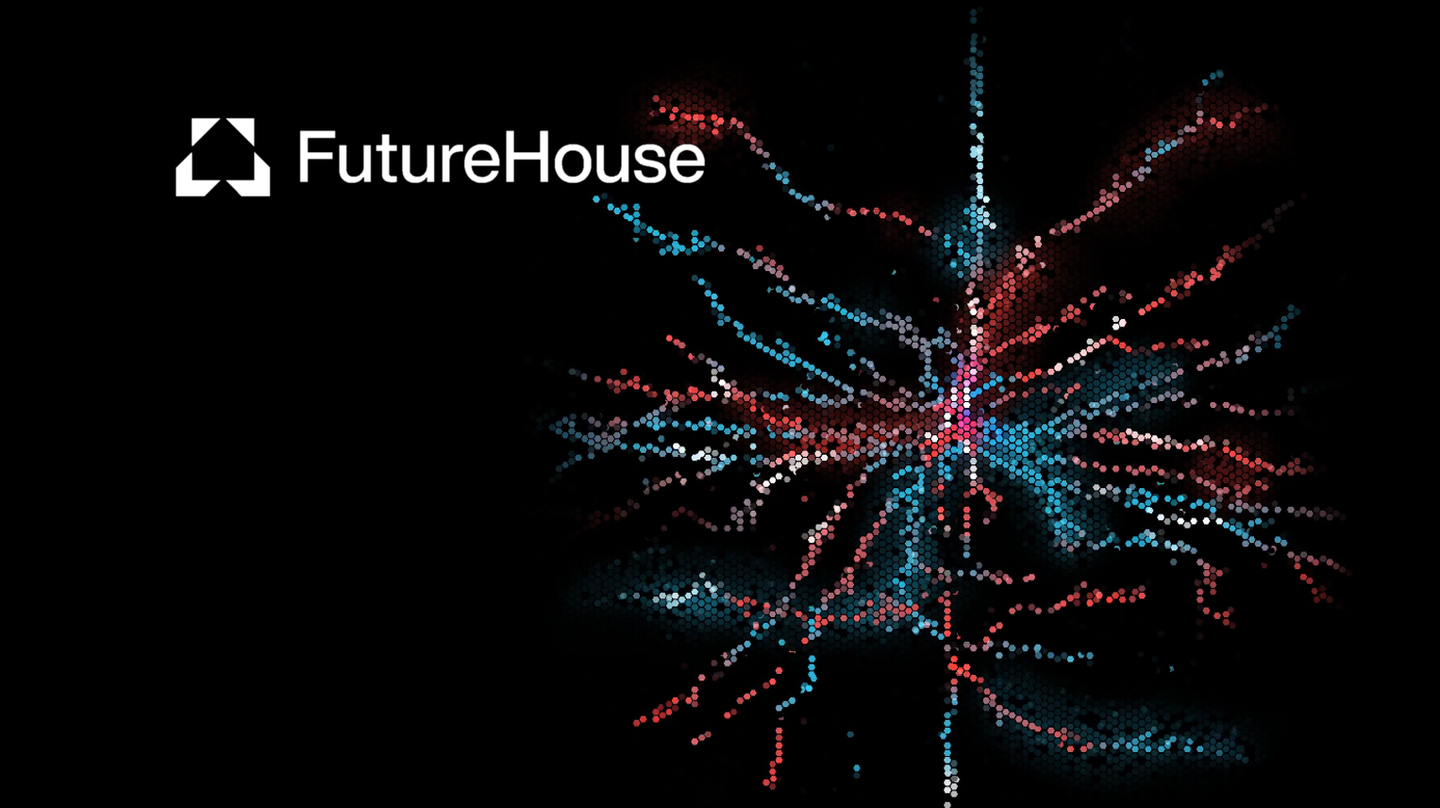Can OpenAI Agent Support Academic Research? A Practical Comparison with Manus.ai and Perplexity
We tested the new OpenAI Agent to assess its usefulness in academic research tasks, comparing it directly with Manus.ai and Perplexity’s research mode. Our aim was to evaluate how effectively each tool finds relevant scholarly and policy sources, navigates restricted websites (including captchas and Cloudflare protections), and allows








